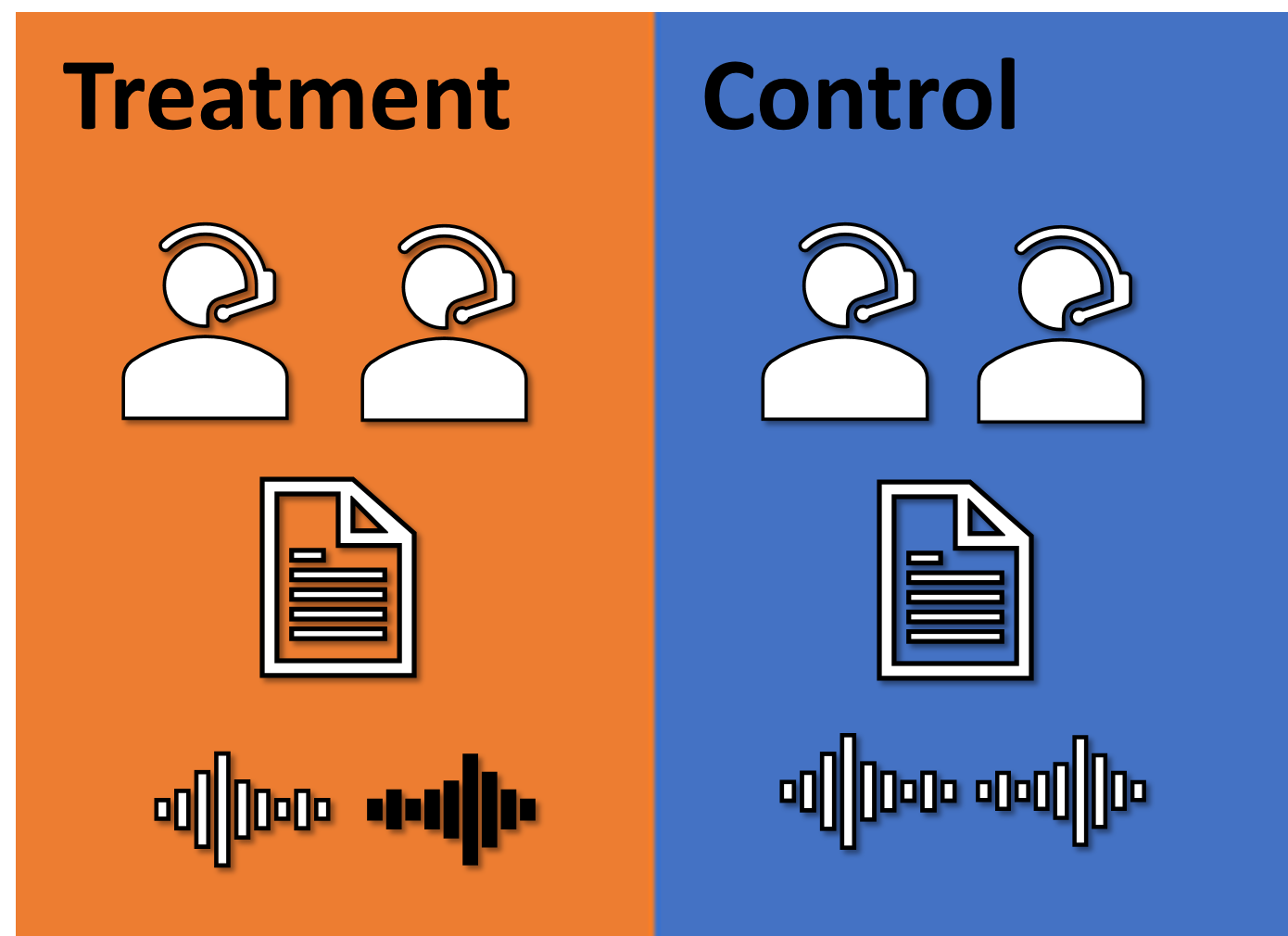Political Linguistics 政治语言学
Experimental and Observed Studies

Language stands as a quintessential attribute of humanity. The enduring debate over whether language shapes thought or vice versa has captivated the greatest minds across history. Yet, the role of language in the political sphere remains underexplored.
Approaching from an empirical perspective, this project aims to uncover the impacts of linguistic relativity and language policy on the dynamics between government and the public, as well as on the formation and reformation of collective political consciousness.
语言是人类最根本的属性。 历史上,关于“是思维在塑造语言,还是语言塑造了思维”的争论一直吸引着众多伟大的理论家和科学家。 尽管如此,语言在政治领域的角色还远未被充分研究。 这一项目试图从实证角度拓展政治语言学研究领域,尤其注重探究语言相对论和语言政策对政府与民众互动关系以及集体政治认知的形成与重构的影响。
Selected Publications 部分成果
Hu, Yue, and Amy H. Liu. 2020. “The Effects of Foreign Language Proficiency on Public Attitudes: Evidence from the Chinese-Speaking World.” Journal of East Asian Studies 20(1): 1–23.
Hu, Yue. 2020a. “Culture Marker Versus Authority Marker: How Do Language Attitudes Affect Political Trust?” Political Psychology 41(4): 699–716.
Hu, Yue. 2020b. “Refocusing Democracy: The Chinese Government’s Framing Strategy in Political Language.” Democratization 72(2): 302–20.
Tang, Wenfang, Yue Hu, and Shuai Jin. 2016. “Affirmative Inaction: Language Education and Labor Mobility among China’s Muslim Minorities.” Chinese Sociological Review 48(4): 346–66.
胡悦和朱萌: 《以语塑心与国民治理:外语习得对政治认知能力的塑造机制研究》, 《治理研究》2022年第38(04)期,第51-65+125页。
- Posted on:
- July 29, 2021
- Length:
- 1 minute read, 172 words
- Categories:
- language public opinions public policy methodology
- See Also: